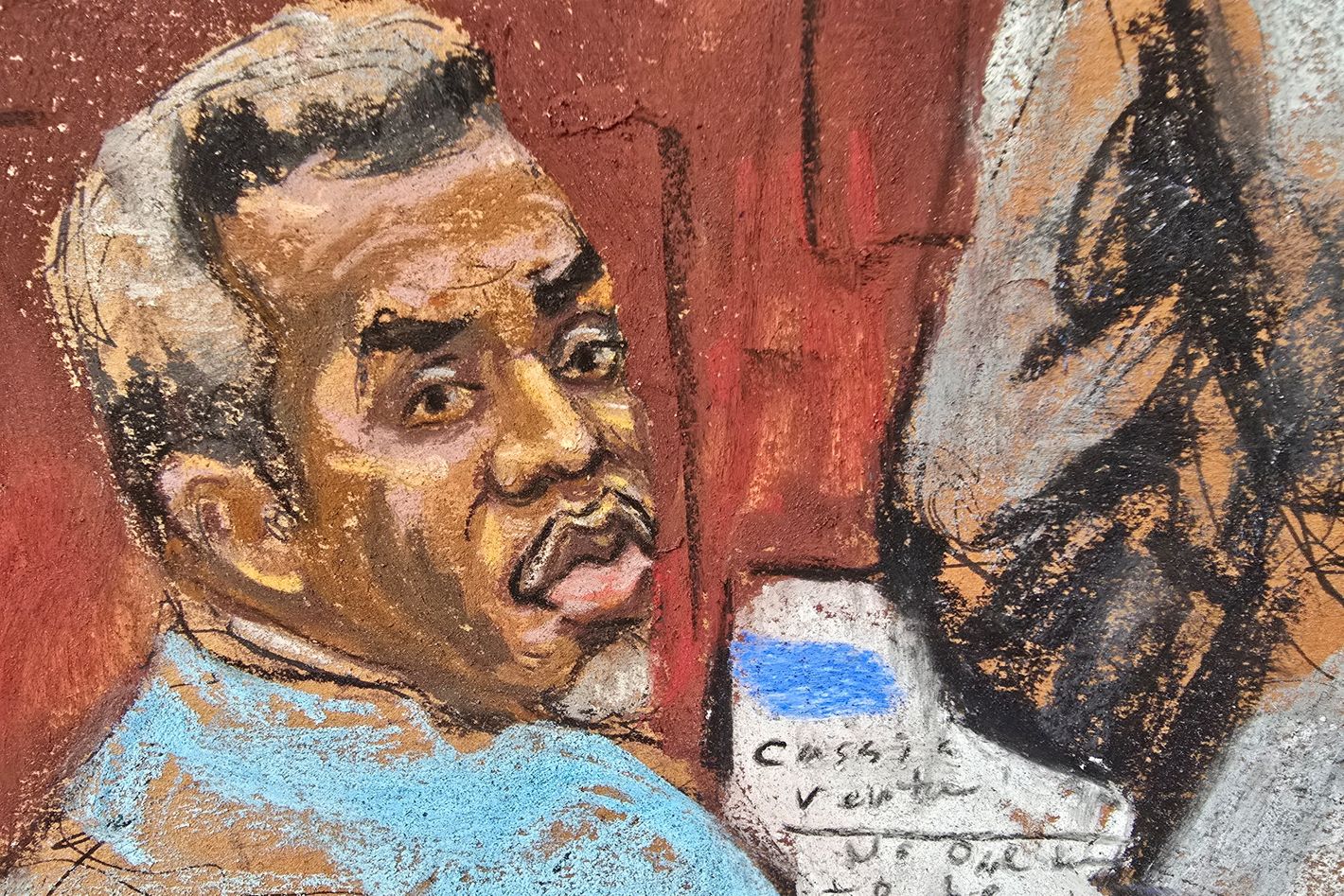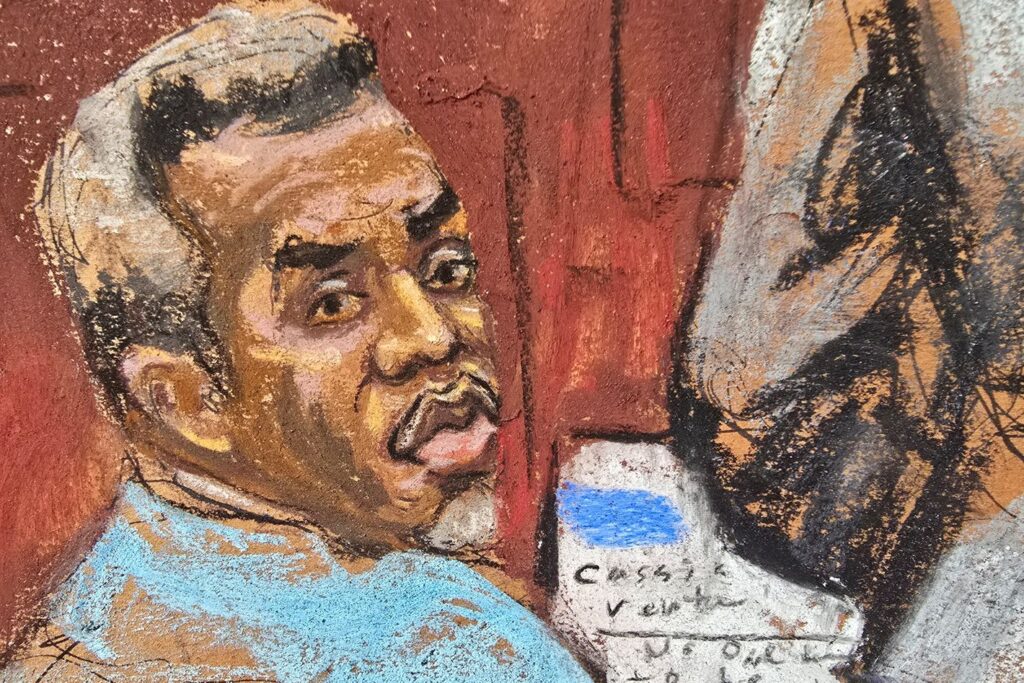
For weekly updates on all the most pivotal and dramatic moments from Diddy’s trial, sign up for our newsletter: Court Appearances: United States v. Diddy, and check out the rest of our trial coverage here.
The judge overseeing Sean “Diddy” Combs’s New York sex-trafficking trial warned lawyers on June 17 that they need to keep sealed info under wraps after an article that he believed violated sealing orders ran. Details about the article in question can’t be confirmed and were not specified in court, but Judge Arun Subramanian said that “one or more people in this courtroom” present Friday for a sealed proceeding “flagrantly violated this court’s orders.” Subramanian said he is committed to Diddy’s case being tried “on the facts and evidence alone,” noting that he asked each juror to have the same commitment.
“I will make sure that this commitment is honored, and I will swiftly investigate and punish any violations that took place,” Subramanian said. Lead prosecutor Maurene Comey and lead defense attorney Marc Agnifilo each said their teams were not the source for this article.
“Ms. Comey and Mr. Agnifilo, you’re each personally responsible for the conduct of your teams and your clients,” Subramanian said. “There’s no passing the buck anymore. The buck stops with you. If anything happens, then lead counsel is responsible.” Violating the sealing order could result in “civil or criminal contempt charges,” Subramanian said. “Everyone here is on notice,” he said. “Violation will be met with a formal inquiry, with people testifying under oath, [and] the delivery of devices … so don’t do it.”
Whoever gabbed about secret details has only added to the drama that’s been building as Diddy’s trial slowly crawls toward its conclusion. The prosecution is expected to rest its main case this week. This means Diddy’s lawyers will have an opportunity to present a defense case, bringing proceedings a step closer to closing arguments and jury deliberations.
“There’s no passing the buck anymore,” an angry Judge Arun Subramanian told both sides in court.

































































